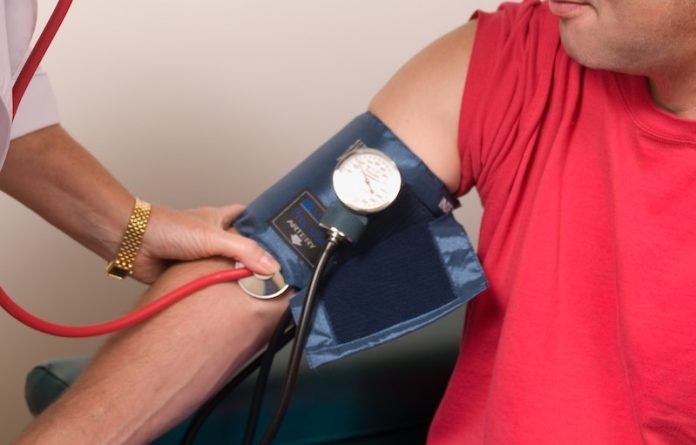
The prevalence of hypertension and obesity has been on the increase globally, despite the targeted effort at promoting weight loss, increasing physical activity, and decreasing sedentary time in the general population.
In a recent scientific statement from the American Heart Association, scientists suggest that arterial stiffness may be a new risk factor for high blood pressure.
Among middle-aged and older adults, arterial stiffness has been established as a strong predictor of cardiovascular events and all-cause mortality.
Hence, a few studies among adults are currently ongoing that examines the likelihood of reversing arterial stiffness.
However, among children, adolescents, and young adults, arterial stiffness has been consigned to an intermediate marker of heart disease and death that occurs in middle age, no thanks to limited longitudinal data and repeated measures of arterial stiffness in a fairly healthy growing young population.
Also, the clinical utility of arterial stiffness as a risk factor for early vascular and metabolic diseases is largely unknown in pediatrics.
In this review, recent prospective evidence in a large adolescent population and a middle-aged population that emphasized the value of arterial stiffness as a novel risk factor for hypertension, overweight/obesity, insulin resistance, dyslipidemia, and type 2 diabetes mellitus were summarized.
It is often asked what are the risk factors for higher arterial stiffness in adolescents?
It is known that maternal smoking habits, early life smoking patterns of adolescents, high salt intake, genetic inheritance, obesity, and elevated blood originating in childhood may contribute to higher arterial stiffening in adolescence.
The team says arterial stiffening in adolescence seems to be a subtle, stealthy, but potent risk factor for high blood pressure and metabolic alteration initiating a cascade of biological events finally leading to disease formation such as type 2 diabetes mellitus and premature organ damage.
It is therefore expedient for clinicians, pediatricians, public health experts, and policymakers to focus on ways to treat, reduce, and possibly reverse arterial stiffness, particularly from adolescence.
An arterial stiffness intervention in adolescence may decrease the incidence of hypertension and metabolic diseases in later life, but further studies are needed.
If you care about high blood pressure, please read studies about how to control high blood pressure effectively, and vitamin D could improve blood pressure in people with diabetes.
For more information about high blood pressure, please see recent studies about foods that could help lower high blood pressure, and results showing the best way to measure blood pressure.
The study was conducted by Andrew Agbaje et al and published in the Journal of Hypertension.
Copyright © 2022 Knowridge Science Report. All rights reserved.



